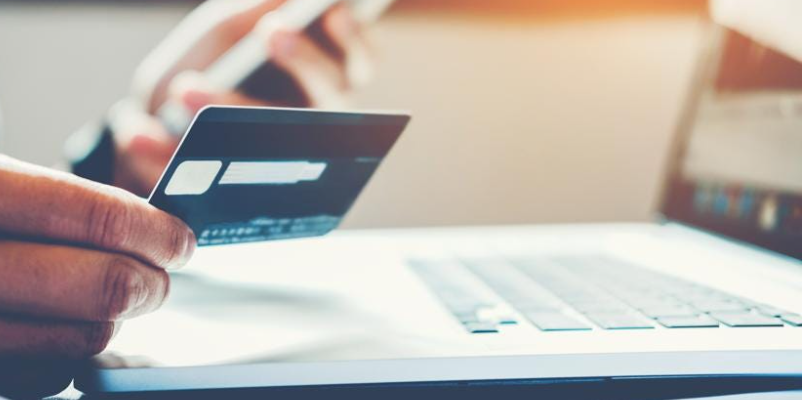In uncertain economic times, consumers who have been negatively impacted by the economy (via job loss or other means) must prioritize their spending. In these situations, credit card payments usually come last. And those cards could not even get paid if you go to the bottom and realize you have nothing left to offer.
What does your priority list look like? 
The three most crucial things are putting food on the table, maintaining a roof over your head, and starting work. You must pay your rent or mortgage in addition to any necessary utilities, such as gas, electricity, and water. You must either buy food from a grocery store or use a food pantry to put meals on the table (or a combination of both). You might have to make car and petrol payments to travel to work.
Credit Card Default's Causes
During that time, your creditor will contact you and inquire about your action plan. If the credit reporting agencies are not satisfied with your response, the account will be terminated and reported as having been charged off after 180 days without payment (or lack thereof).
Effects of a credit card bankruptcy on your credit score
Once your payment is past due, it will lower your credit score.As soon as your account is past due, your credit score will decrease. When your account gets charged off, the damage is worse. For instance, late payments are not immediately recorded if you make them after the due date but before it. It typically happens when you are at least 30 days overdue. However, there's a potential that your score will start to decline as soon as that happens.
What to do if your credit card is in default
You can manage your debt in a variety of ways. Continue making your payments, make an effort. According to some, there may be a fourth option: doing nothing. But putting off the problem won't make it go away. If you can avoid your creditors up until the debt's statute of limitations has passed, you cannot be successfully sued in court for the debt. But remember that even in this unlikely circumstance, you would still owe the money, proving that the issue hasn't been solved.
Total Payment
Paying off all of your debt is the best way to handle a default. You came to this location for a reason, and, likely, you don't have the money to pay it all at once, even if the creditor would prefer if you could submit a check for the total amount. As a result, a payment plan might be your only option. Thankfully, many lenders are willing to collaborate with customers to develop short-term plans with more affordable payments or interest rates. You only need to ask.
Consult your issuer
As with anything else, prevention is always better than cure. If you find yourself in a scenario where you think you won't be able to make your payments, get in touch with your credit card company straight once. Most lenders have policies in place to, at least temporarily, cut your payments through a hardship program. These programs are typically temporary, yet they may be enough to bring you over the finish line.
Paying off debt
You could also try making a payment that is less than what you owe to resolve the issue. These discussions do, however, carry some risk. Remember to pay taxes on any debt forgiveness greater than $600. As with any negotiation, it's essential to document every step and include language that states that the debt will be treated as fully paid. If not, you might learn that the debt seller sold the remaining money to another debt collector, who might then go after you for the unpaid balance.
Plan to control your debt
You might be able to use a non-profit credit counselling organization's debt management plan to include elements of all the options mentioned above. If you meet the conditions, they will provide you with five years of favourable repayment arrangements with reductions tailored to your financial situation. Similar to a debt management plan, but without the consequences for your credit, is a Chapter 13 bankruptcy. To help you decide on the best course of action, get in touch with a member you can trust through the National Foundation for Credit Counseling.
The outcome
Although it's never a good thing, occasionally people do make credit card defaults. Understanding the potential influence on your score before you act will help you make the best decision for your situation. If you're having difficulties paying your credit card bills, your greatest chance of preventing default is to contact your creditors as soon as you can.

Mutual Funds From 10 American Funds With Long Track Records

The Housing and Economic Recovery Act: Key Elements and Its Effects

Best Cash Back Credit Cards

All You Need To Know About Income Exclusion Rule?

What is Payday Loan Consolidation?

Best Bad Credit Loans

Comprehensive Ameritas Life Insurance Review: What You Need to Know

All You Need to Know About Alaska Permanent Fund

What Is Default on a Credit Card?

L.L. Bean Visa Credit Card Replaced by Mastercard

The IRS Just Gave Gig Workers an Extra Year to Prepare for a Major Tax Change

